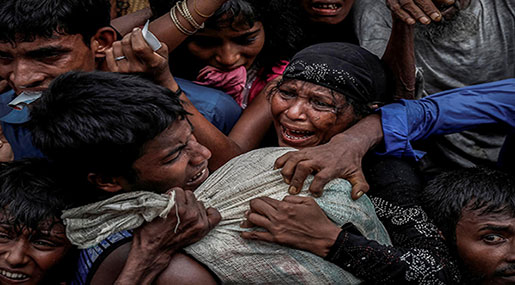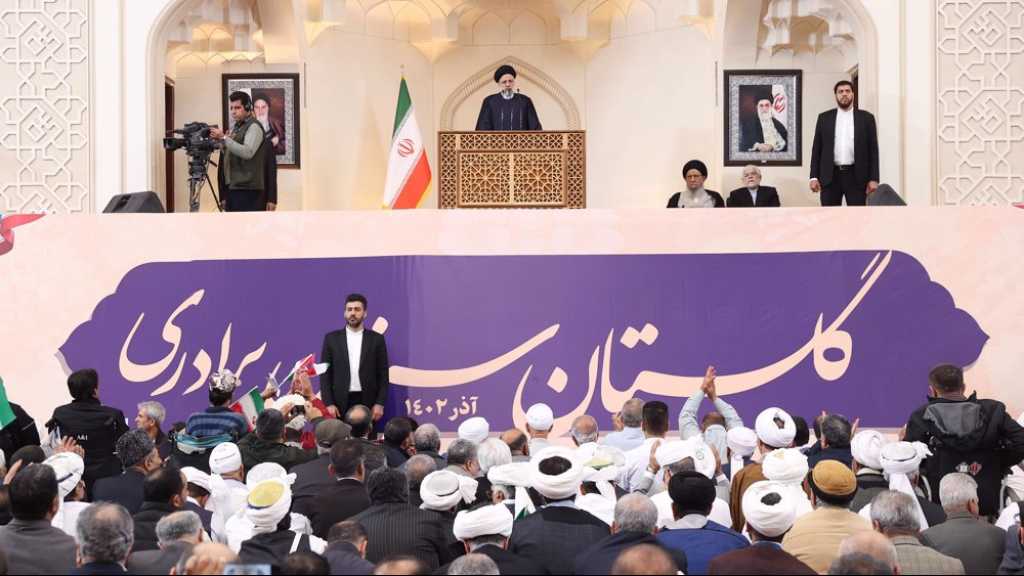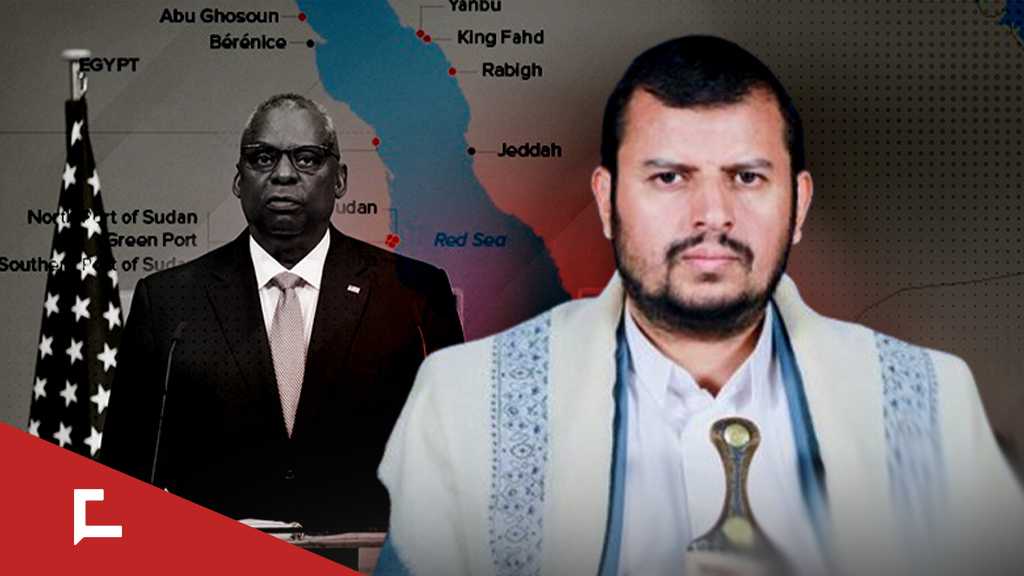
Rohingyas Facing ’Crisis On Top Of Crisis’ As World Looks the Other Way

Local Editor
Rohingya refugees living in crowded conditions in Bangladesh face an "unprecedented" threat from an imminent monsoon that should sound alarm bells among the international community, Former UK Foreign Secretary David Miliband warned.

Miliband completed a two-day visit to Bangladesh to see the border camps at Cox's Bazar.
In an interview with The Independent, he said that 700,000 displaced Muslims from Myanmar faced "a natural crisis on top of a clearly man-made one".
The UN said Myanmar's Rohingya appear to have been victims of a "textbook case" of ethnic cleansing, since the scale of violence in the region shocked the world in August 2017.
But Miliband's call to action comes at a time when international focus on the Rohingya crisis has waned. The US under President Donald Trump has cut its refugee resettlement programs by three-quarters, he noted, while the UK has been so "systematically diverted by the Brexit trauma" as to limit its ability to make diplomatic interventions.
"The danger here is that people forget about this crisis," he said. "Because a country next door has admitted them, the rest of the world thinks that it isn't their problem."
Justin Trudeau, the Canadian prime minister, invited his Bangladeshi counterpart, Sheikh Hasina, to attend the G7 meeting in Quebec this week, and Miliband - who now leads the International Rescue Committee [IRC] charity - said it was an opportunity for politicians to "provide answers to anger rather than just articulating anger".
Clouds are now gathering over the bamboo and tarpaulin-covered shacks that make up most of the Cox's Bazar camp network. When the monsoon comes, it will bring up to four months of heavy rain, turning the camp's makeshift highways into rivers and, aid agencies fear, causing widespread mudslides where the landscape has been completely denuded of trees.
The IRC has been working to set up mobile healthcare units for when the camp infrastructure inevitably falters, and the UN has distributed 80,000 "tie-down kits" - hammers, nails and rope so refugees can literally tie down their makeshift homes.
But with a gap between funding and what would be needed to protect a "uniquely vulnerable" population, Miliband said there is only so much they can do.
"You can predict a monsoon but you can't predict a cyclone," he said. "Obviously Bangladesh has a whole history of securing and protecting its own population at the time of cyclones, but it has never had to do that for this number of refugees."
On his visit to the camps, Miliband met children traumatized by what they had witnessed, as well as families who still had relatives back in Myanmar and who feared for their safety.
Miliband said it is nonetheless up to governments to ultimately take action in crises like the one facing the Rohingya, adding: "Humanitarian aid can staunch the dying but it takes politics to stop the killing."
Progress on a political solution in Rakhine stalled since the new flare-up in violence last year, when the fighting distracted from what could have been a breakthrough report by an independent commission chaired by former UN secretary general Kofi Annan.
Britain has also failed to make significant diplomatic inroads with the government of Aung San Suu Kyi in spite of its long-standing and close ties to both her and Myanmar as a country.
Source: The Independent, Edited by website team
Comments



